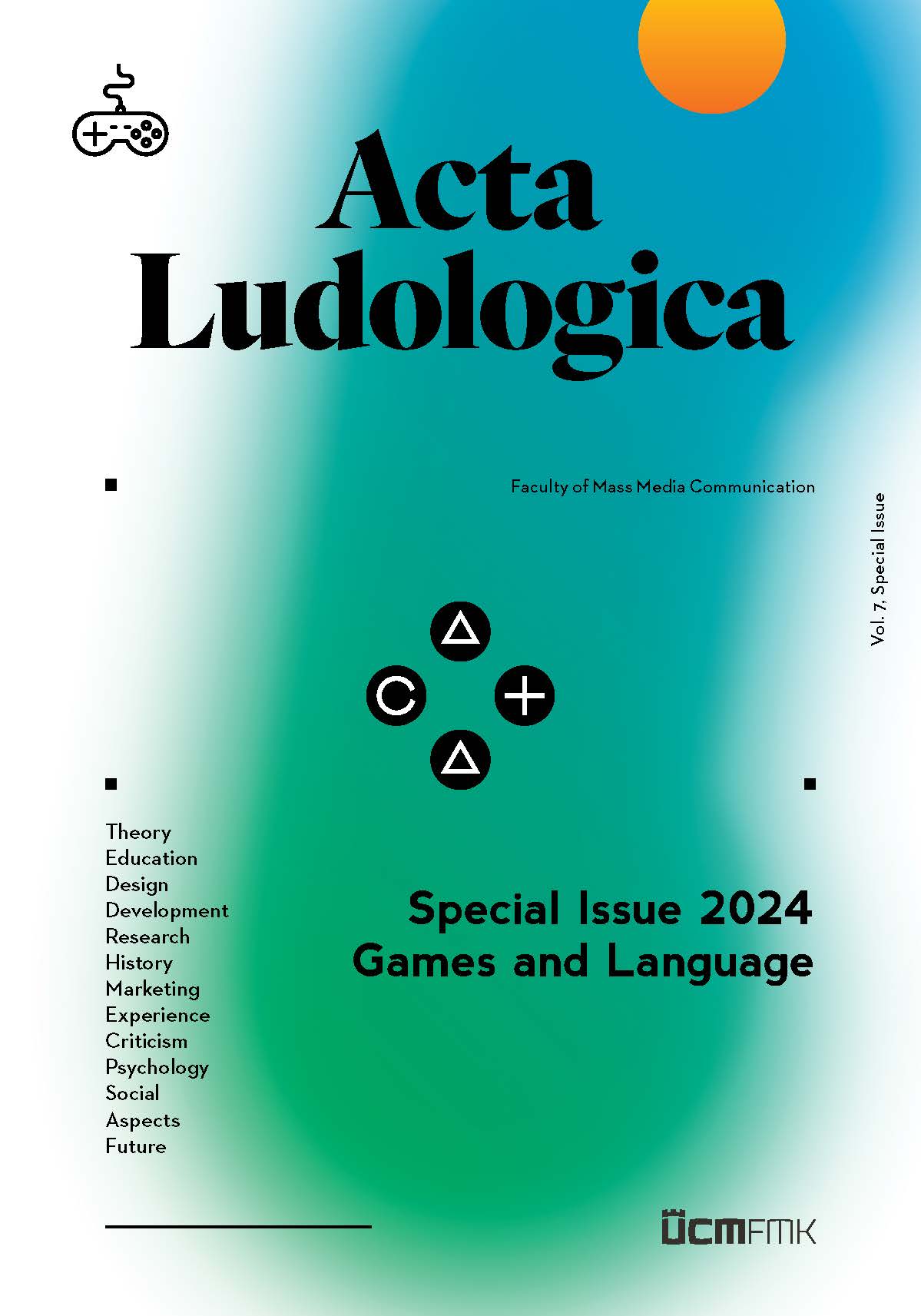Sina Torabi
ABSTRACT:
Digital games have come a long way since their origins as pure entertainment and can no longer be easily brushed aside as a frivolous pastime. The past decade or so has seen the introduction of many narrative-intensive games that take the joy of watching a great story unfold and combine it with a sense of agency in the audience, in this case, the player, thus giving us a new form of dramatic narrative. Despite the seeming appropriateness, however, attempts at conjoining Aristotle’s Poetics to digital game scholarship have been contentious. This paper aims to show that there is great merit in viewing narrative games through the lens of the terms and mechanisms discussed by Aristotle, more specifically his outlining of the ground rules for the desired form of tragedy. Additionally, a more in-depth definition of words like hamartia, catharsis, and mimesis and their application will show the appropriateness of such a method in arguing for the artistic and aesthetic worth of this new medium that is known for obfuscating the more familiar structures of other narrative forms. To support the argument, the paper relies on recent digital game discourse and uses Naughty Dog’s award-winning, and highly contentious game, The Last of Us Part II, to demonstrate how it fits the mould designed by Aristotle and why it deserves the title of tragedy.
KEY WORDS:
Aristotle, catharsis, digital game studies, hamartia, narrative, Poetics, The Last of Us Part II, tragedy.
DOI:
10.34135/actaludologica.2024-7-1.4-17

